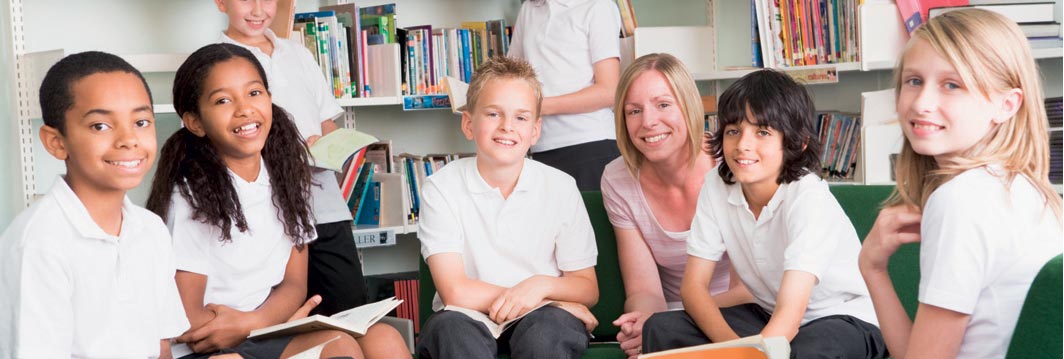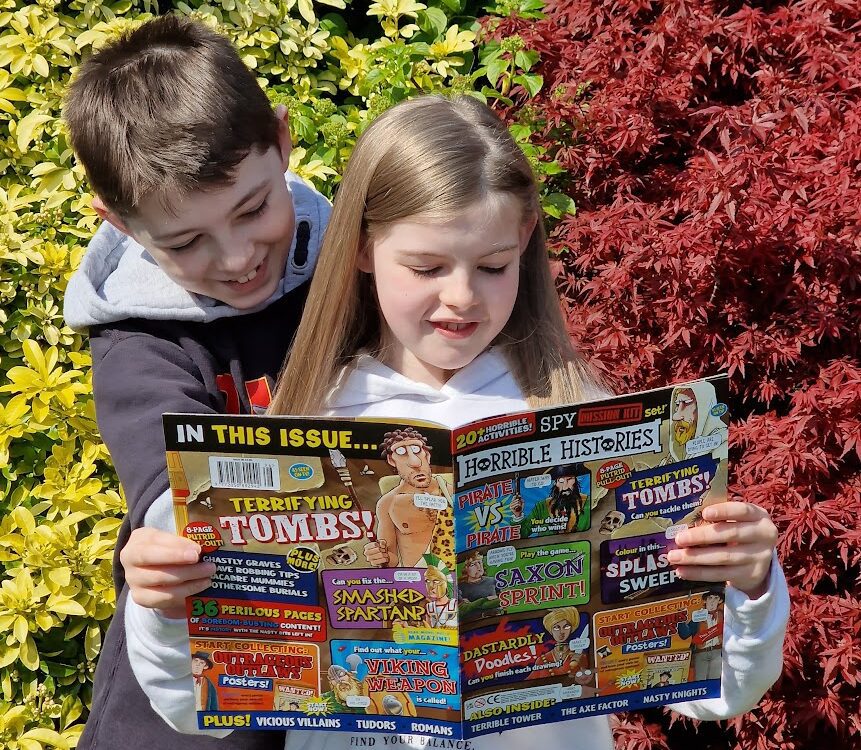In Focus: Psychologies Magazine
30th September 2014


Save Hours and Pounds on your Christmas Gift Shopping
26th August 2015Ofsted have warned that the decline in child reading levels is a major concern.
Chief inspector, Sir Michael Wilshaw believes “There can be no more important subject than English. It is at the heart of our culture and literacy skills are crucial to pupils learning for all subjects. Yet too many pupils fall behind in their literacy early on”.
SOURCE: The Telegraph
What is the problem?
I think everyone agrees this is a problem that needs addressing UK wide. How can we close the literacy gap and improve reading and writing performance to help children maximise their potential in all subjects?
Is the main issue the lack of will to read amongst young people? Or is it the lack of material available that excites and engages them? Personally, I think it’s both!
We all struggle to do the things we don’t like, I don’t like shopping, but every now and then when I have to I’m there very begrudgingly, in body, but my mind is on a golf course or trying to find the quickest possible way to bring this chore to an end….. If students don’t want to read and don’t like the literature in front of them, what are the chances of improving their independent reading skills?
What can Schools and Parents do?
This is leading schools (and parents) throughout the UK to search for different ways to get children and young adults reading – reading independently, in groups, outdoors, indoors, at home or at school, just reading. Some schools, both Primary and Secondary have cracked it and have managed to go one step further and get pupils reading for pleasure!!
They are sourcing reading material with a difference, material that is not linked to a syllabus but engages all students and puts the enjoyment back into reading. The answer?
The Answer? Magazines and comics!
Magazines and comics are quickly becoming the solution in bucking the ever increasing number of young reluctant readers. They help to raise confidence and enthusiasm for reading by tapping into their interests, there are magazines available that will appeal to every youngster. Football mad kids, can read about their favourite players, look at statistics and analysis, not only improving literacy but also giving them an appreciation of how Maths can be used in the real world. This is but one example of how magazines offer much more to a school that often meets the eye.
One head teacher, based in London, already using magazines and magazine subscriptions from Unique Magazines said;-
“We have had a subscription for a range of magazines and comics for over a year now. We use them to engage and excite children in reading, as they look forward to their delivery. They are kept in class libraries and used for independent reading time. Some of the magazines are used during our Reading Gym time (Guided Reading), when children are working on particular reading skills of predicting, summarising, develop a wider vocabulary in context and asking questions. Our main focus is developing a culture of reading across our school and the importance for children and their families understanding that reading is not just with a library book. Engagement levels are high with the magazines and comics, they tap into children’s interests and bring an additional fun element to reading with their friends. We will continue subscribing for as long as our budget allows, as we believe this to be an important part of developing our children’s lifelong love of reading.”
Can Magazines and Comics be used in other subjects?
Not only are magazines a fantastic way to promote extra-curricular reading, plenty are also loaded with activities that can be incorporated in lessons. Available in a near unlimited amount of topics they can be used in History, Geography, Economics and Business, Film studies, English, Creative Writing, P.E…… the list goes on….. there are even magazines available specifically for teachers to help ensure they remain at the forefront of an ever-evolving career, and are kept up to date with all resources and news!!
The ways magazines can be used in an educational capacity are endless. Used simply and in their purest form they will get students reading and talking about what they have read off their own back. They can also be used in book clubs, as incentives and rewards, they stimulate imaginations and inspire creative and short story writing etc.
The reality is simple, magazines will not turn a grade D in Physics into a grade C alone, they will improve pupils independent reading skills and make reading appealing and fun – this will give greater understanding of questions in tests and exams which leaves pupils better armed to formulate more comprehensive answers!




